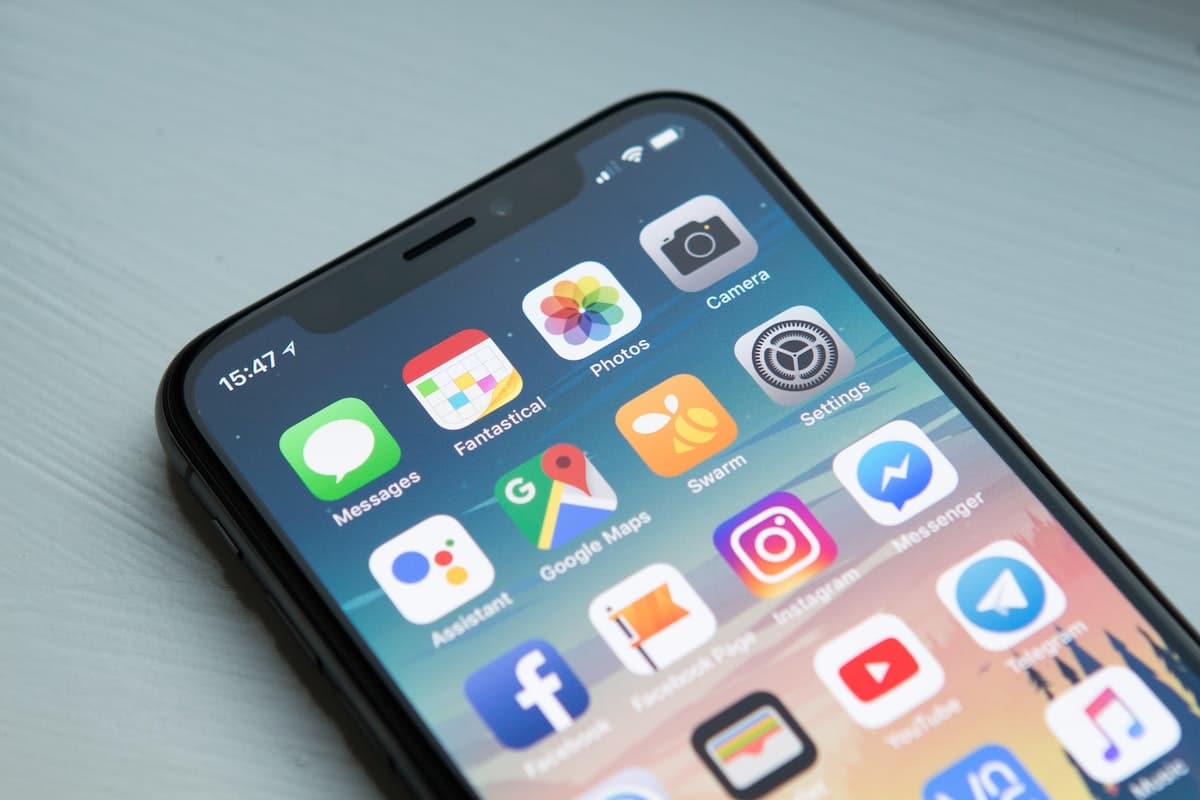Table of Contents
Various types of apps differ in many ways. Native, hybrid, or web, which is better for your business?
Each type has a specific budget, functions, business aims, and project specifications.
This article will show you the main differences between the native, hybrid, and web apps and help you select the one to help your business grow.
1. Native apps
Native mobile apps are developed for a specific mobile operating system. For example, most apps are now developed either for Android or iOS.
Why are they good?
Having a native app is all about functionality and a superb user interface. They are costlier, of course. To develop a native app, you need a dedicated team with lots of experience and input on your side.
But native gives you more possibilities as well. You can have heavier graphics and profound features and never be worried about flaws in functioning. If users like, you’ll benefit soon. For example, in-app ads provide 21% of revenue, according to the Statista report.
Note: if you decide to launch your app for different platforms (iOS, Android, Windows), you’ll have to build a separate app for every operating system from scratch and often use different specialists for each item.
The main benefit for your business: superb UI, better functionality, and visibility on app stores.
2. Hybrid apps
Hybrid apps run on different platforms and the web. At the same time, they are also downloadable from app stores.
Hybrid apps are cheaper because you simply develop one app instead of two in terms of costs. The development cycle is shorter as well. Yet, the development is not that simple. To create a hybrid app, a development team should use frameworks like React Native, Ionic, or Cordova, that enable the app’s function on different platforms.
Also, when it comes to using apps with a slower internet connection, there might be flaws in functioning. For example, TradeMonster, a leading retail trader, reported issues with scrolling, event handling, and proceeding requests. What they did to get a flawless hybrid app eventually was to customize some code and create their components to fix these issues.
The main benefit for your business: lower cost to develop, shorter development cycles, and also visible on app stores.
3. Web apps
A web app is a website that looks and functions like an app. Again, though, it shouldn’t be downloadable – you can access it in your browser.
They are also cheaper and easier to develop, although they don’t share all the features a native app would have. Web apps have less intuitive designs and are slower, but they are essential for users who like to access your services from different devices. In addition, having a web app sustains your brand image and shows you cater to the different needs of your audience.
Web apps tend to lack some features like they don’t use your smartphone’s APIs and don’t send push notifications.
The main benefit for your business: easy to access from any device, perfect for users who want to try your services without cluttering their phones.
Conclusion
Whatever app you select, your choice will depend on your business needs, project timeline, app development cost, and a good deal of analysis.
Author’s bio: Anastasiia Lastovetska is a technology writer at MLSDev, a software development company that builds web & mobile app solutions from scratch. She researches the area of technology to create great content about app development, UX/UI design, tech & business consulting.


